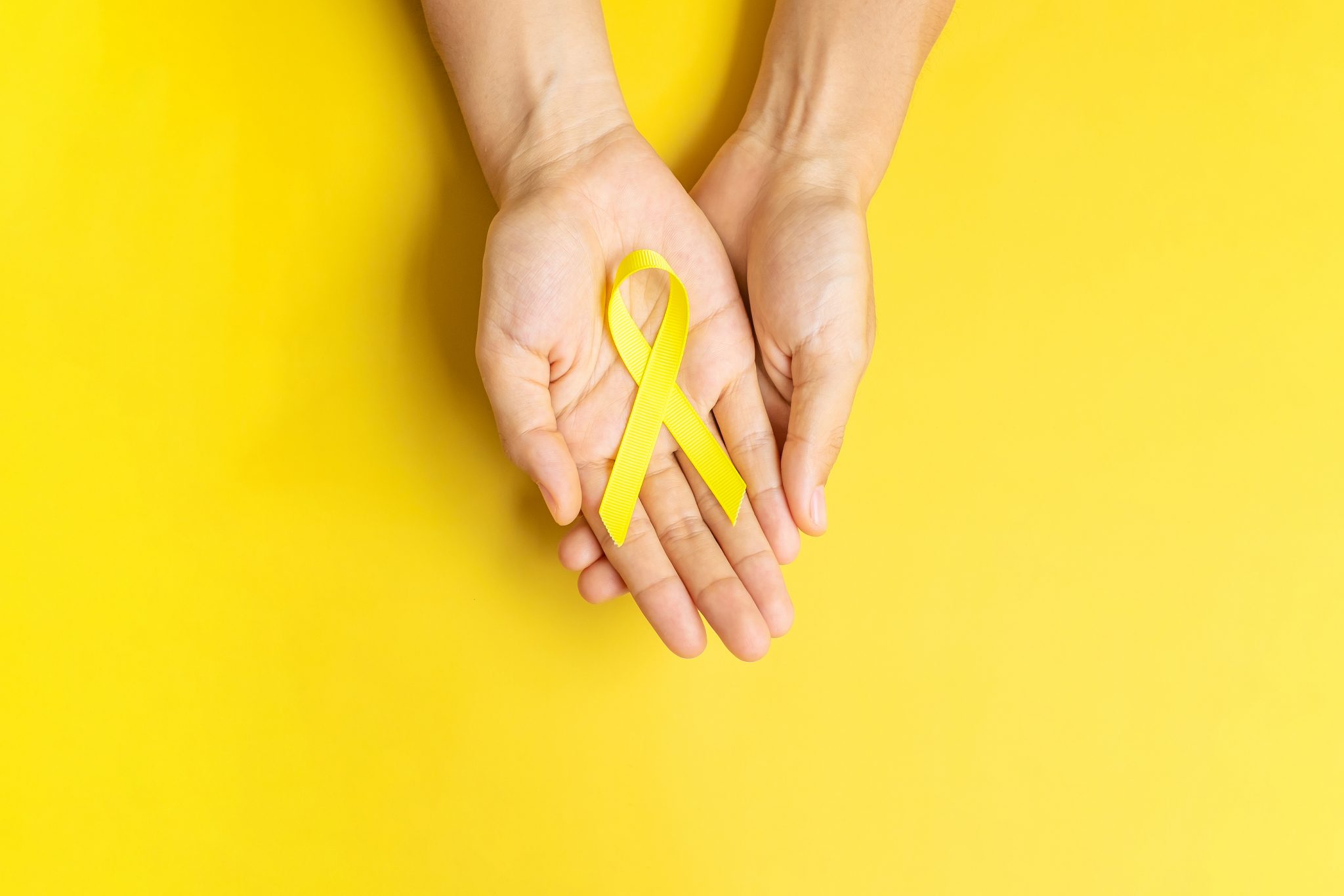As part of Suicide Prevention Awareness Month, the Lehigh Center for Clinical Research understands how when a loved one dies by suicide, your emotions can simply be overwhelming and disabling. Your grief might feel heart wrenching, and you may wonder if you could have done anything to prevent the death of your loved one. But you don’t have to go through life after a loved one’s death by yourself.
Death by suicide does not only affect the person who died, but also others – “suicide survivors” who deeply cared about the individual, like you. While there is never an easy way to grieve, it may be helpful to confront the emotional states you could experience, as well understand the information and strategies you have access to from others going through similar challenges.
Search For Help And Support
It’s easy to feel like you have to present yourself as stronger looking than you feel after going through a friend or loved one’s suicide, but do your best to resist the urge to falsely present how you feel. Reaching out for guidance or help, or talking with others about your feelings can really help.
Those who love won’t feel burdened by you and will want to be there to help you through these tough times, just like they would need you if roles were reversed. Be grateful and accept the help, even if such comes in different forms, like with organizing funeral arrangements, preparing you a warm meal, or by offering a shoulder to cry on. In most circumstances, it’s all support and all available to you.
Recognize Your Grief
To get your head in a better place for processing grief, it’s crucial to first acknowledge that you’re grieving. Grief from a loved one’s suicide is extraordinarily personal, and feeling shame or embarrassment over your loss inhibits how well you can heal. Don’t rush the grieving process and give yourself the time you need. There is no “normal” amount of time or technique to cope with a suicide loss, and you may find your own process comes with many highs and lows.
Don’t avoid or ignore the loss you’ve experienced or the grief associated with it. Such doesn’t make the pain go away, instead often making it harder to manage your grief in the long term. Prepare yourself for contexts and events with triggering situations, including holidays or activities that remind you of the loved one you lost to suicide. Organizing a gathering with friends for those moments, reflecting on your loss, or starting a new tradition to celebrate their life can help you manage your grief.
Take Care Of You
After going through a friend’s or loved one’s suicide, it likely feels difficult to acomplish even the basic tasks, like bathing, regular exercise, and cooking. But it’s crucial to properly take care of your physical wellbeing so that you can heal emotionally. Do your best to avoid under-eating or overeating and prioritize making non-processed meals that give your body the nutrients it needs.
Another healthy routine that often gets ignored in the grieving process is adequate rest. For many, especially following the suicide of a parent or spouse, going to sleep can be a surprisingly challenging feat and lead to the mind feeling overwhelmed with painful emotions.
Try to Incorporate a healthy bedtime schedule into your routine to better encourage sleep. During the day, keep active through committed exercise. Regular physical activity has been shown to help regain energy, mitigate stress, and foster better emotions while keeping your body healthy.
And perhaps most of all, continue to engage in the hobbies and activities you’ve always loved. Don’t feel shameful for laughing with friends over lunch, travelling to those places you’ve always wanted to see, or exerting your creativity. These are the parts of life that make you who you are, both for yourself and others, and help heal those places that are intimately painful and shouldn’t be avoided more than understood.
Give Yourself Time And Connect With A Professional
While coping with a friend’s, family member’s, or loved one’s suicide, understand that it takes time and the process is unique to you. If your emotions feel stuck in grief or if they worsen and affect your life, you may be going through a form of complicated grief and might benefit from seeking help with an experienced grief counselor.
If you have any questions or want more knowledge about how to process your grief for a loved one’s suicide, schedule an appointment with your mental health representative and read more about how Lehigh Center medical professionals are engaging with losses from suicide today.
If you or a loved one are experiencing feelings related to committing suicide, please contact the National Suicide Hotline right away for help and support online, or by phone at 800-273-8255.







